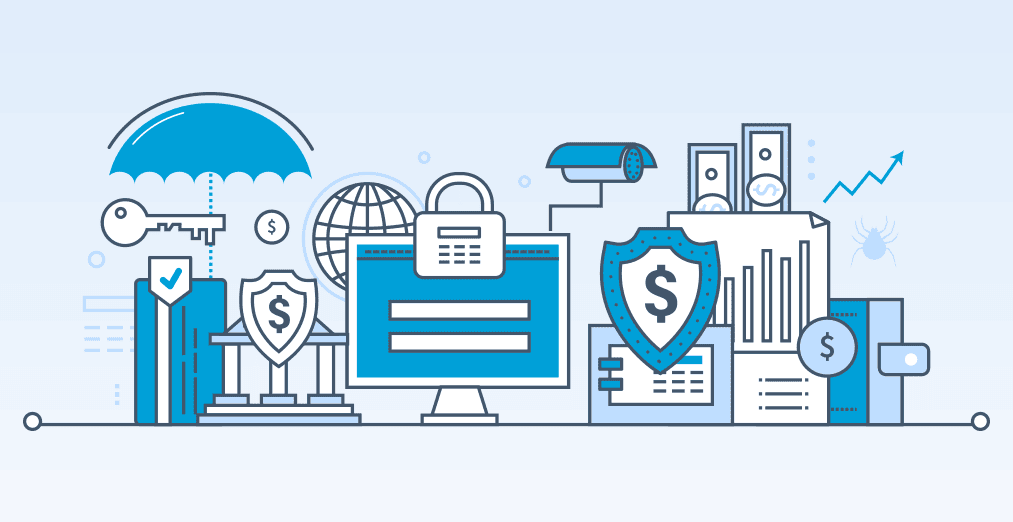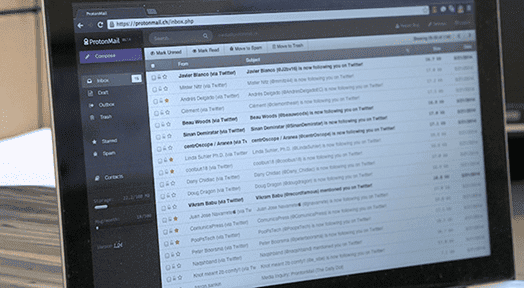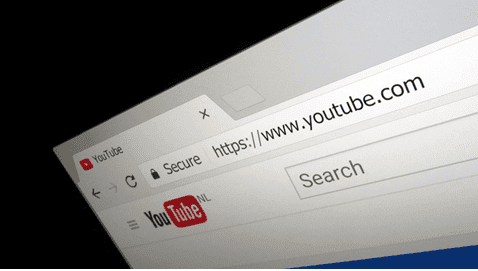Every time you go online, you’re tracked by ISPs, governments, advertisers, and other third parties who want to get their hands on your personal info. With no real default privacy on the Internet, it only makes sense to cover your tracks from the prying eyes that may be watching.
However, while there are many different ways you can go about this, the question remains: which ones are actually worth your time?
In this post, we take a look at 6 ways to hide your identity online. So, let’s get started:
1. Surf the Web Anonymously with a VPN
Anonymous surfing is made easy with the use of a VPN. It replaces your original IP address with one of their shared IPs, and secures all your traffic from end-to-end with military-grade encryption.
It also comes equipped with security and privacy features like Internet Kill Switch, DNS Leak Protection, and NAT Firewall so that you can surf the web anonymously without having to constantly watch your back.
You may also be interested in the Best VPN Services.
2. Privatize Your Web Searches
Stop using search engines like Bing and Google because they keep track of your web searches to serve you relevant advertisements. You’re better off opting for privacy-focused search engines like DuckDuckGo – it doesn’t use cookies to track you!
It offers useful features like Safe Search (removes explicit materials from search results) and Instant Answers (helps you find what you’re looking for instantly) among others. Also, it doesn’t save your searches and neither is your IP address or other personal information logged.
3. Block JavaScript
Though JavaScript is used to add extra functionality to web pages, it can reveal a lot of fingerprinting information such as your screen size, installed plugins, available fonts, etc. This makes it easier to track your online behavior, so you should disable JavaScript in your web browser.
Since many websites require JavaScript to function properly, you can allow it on the sites you want by delving into your browser’s settings and whitelisting them. Browser extensions like ScriptSafe and NoScript can also help you with this.
4. Get an Encrypted Email Service
If you use email services like Outlook or Gmail, it’s important to know that your emails can be snooped on by anybody as they aren’t encrypted. You can boost your email privacy by using an encrypted email service like ProtonMail.
Not only are all your emails protected with end-to-end encryption, but also it doesn’t keep any IP logs to track you. Furthermore, you aren’t required to provide any personal information when creating your anonymous email account.
5. Stick to HTTPS Site
Whenever you visit a site, make sure it uses HTTPS. This indicates that your connection to it is encrypted and can’t be intercepted. If there’s no green lock, don’t make the mistake of entering sensitive information such as your banking credentials!
Here, using a browser extension like HTTPS Everywhere can prove extremely useful. Available on Opera, Firefox, and Chrome browsers, it ensures that you always use the secure HTTPS version of a site whenever it’s available.
6. Delete Cookies & Browsing History
When you surf the web, files are stored on your device by the browser you’re using. This includes your browsing history (used to identify where you’ve been) as well as cookies (used by sites to track your browsing sessions).
You can use programs like CCleaner which deletes cookies and your browser history by default to keep your identity anonymous. Alternatively, you could also set your browser to automatically delete cookies and browsing history at exit.
Read More: Piratebay Proxy Servers | Best VPN Protocol | Internet Revolution, a Boom for Proxies | Staying Safe Online
Final Word
These are just a few of the many anonymizing methods that you can employ to make it harder for third parties to identify you across the web. If you have more that you’d like to add, feel free to use the comments section below.













